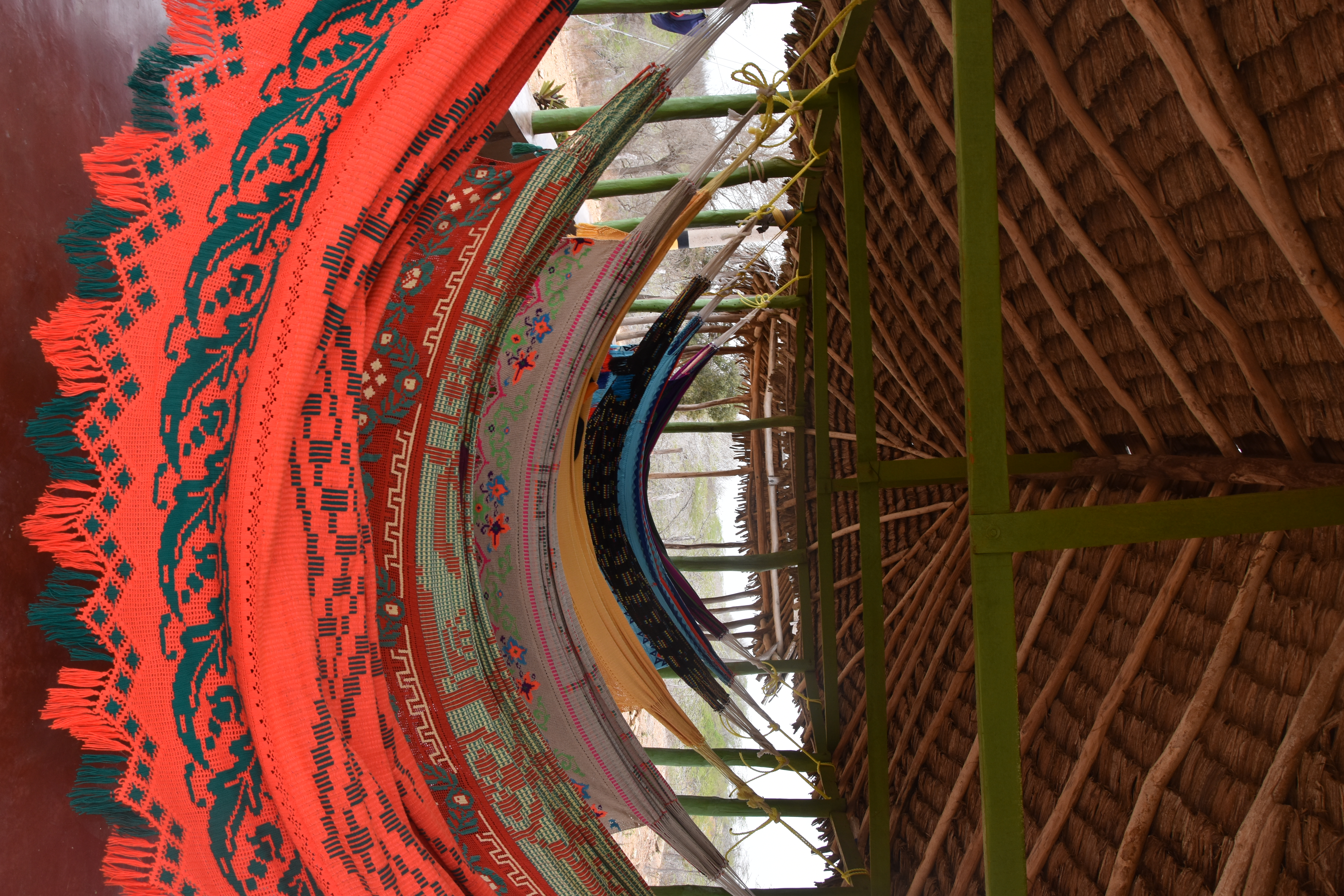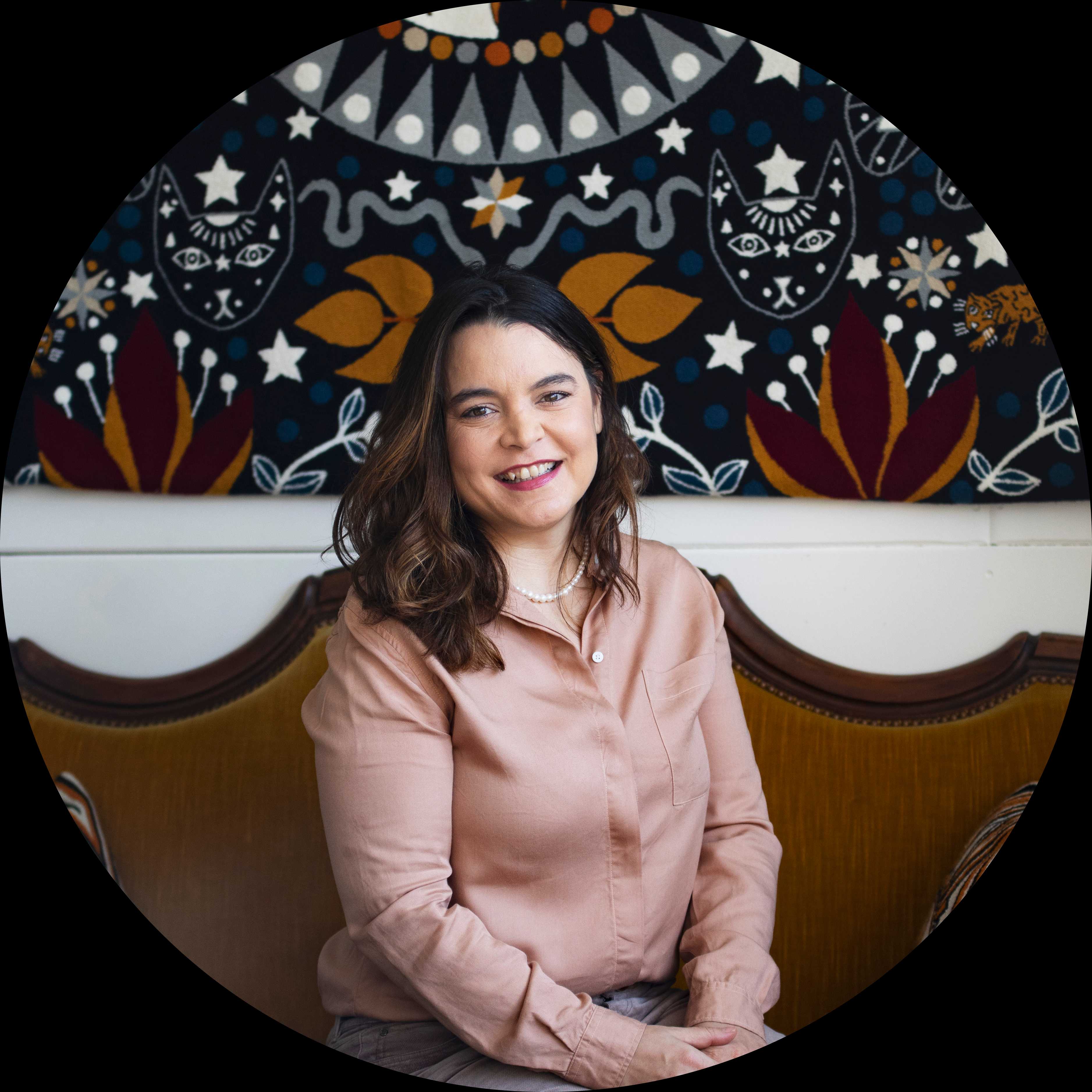Indigenous Empowerment NorthSouth Collaboration
Mama Tierra is a non-profit organization registered in Switzerland active in Colombia and Venezuela. Our organization empowers indigenous women by producing, distributing and researching about their crafts, aiming to support women’s financial independence. Furthermore, artisans working with Mama Tierra define during annual assemblies’ wages and which social programes the organization will pursue. Thus, Mama Tierra follows a bottom-up management strategy and goes one step further of what we understand sustainable fashion is. For Mama Tierra sustainable fashion is also about empowering people and covering their basic needs, such as housing, health care and nutrition.
Sustainability is at the heart of Mama Tierra's philosophy. Our engagement includes social, ecological and economic measures with which we work towards a fair and green future for the Indigenous peoples.
With our endeavours, we meet 6 out of 17 UN Sustainable Development Goals:
#1 no poverty
Mama Tierra empowers women living in extreme poverty through sustainable fashion. Having fair paid jobs either improving or learning craft techniques, women can escape poverty. We offer upfront payments, work materials and training courses to the women we work with.
#2 zero hunger
La Guajira area represents the highest index of malnutrition in Colombia. In Venezuela there are over 6 million people suffering from hunger daily. Mama Tierra invests in nutritional programs to fight hunger in La Guajira, using innovative technologies to overcome their food crisis.
#5 gender equality
The focus of Mama Tierra is on indigenous women because they ensure the weel-being of the family, securing an income and educating the children. The women is the strongest link in many indigenous societies, but this is particularly true in the Wayuu culture, as they have a matrilineal kinship structure.
#8 decent work and economic growth
Artisans working with Mama Tierra receive a stable monthly income, thereby achieving from financial independence. This allows women to work in their ancestral land, escaping modern slavery. Working from home allows artisans to look after their children, the elderly among them and their livestock.
#10 reduced inequalities
Wayuu indigenous are a minority group in Colombia and Venezuela being over-proportionally affected by poverty, child mortality and discrimination. By empowering indigenous women with sustainable fashion, Mama Tierra fights inequalities.
#12 responsible consumption and production
Mama Tierra uses sustainable materials such as recycled or GOTS certified cotton yarns. The yarn is shipped by sea instead of air. In addition, Mama Tierra uses a plant-based leather made of cactus rind and ananas leaves, which are partly biodegradable. This reduces plastic pollution in indigenous lands.
You are welcome to give us your donation so that we can continue driving at full power. Instead of material gifts, how about giving someone a Copalana gift card, which can be redeemed for important charitable projects so that our project can continue with its important cause. Many thanks!















